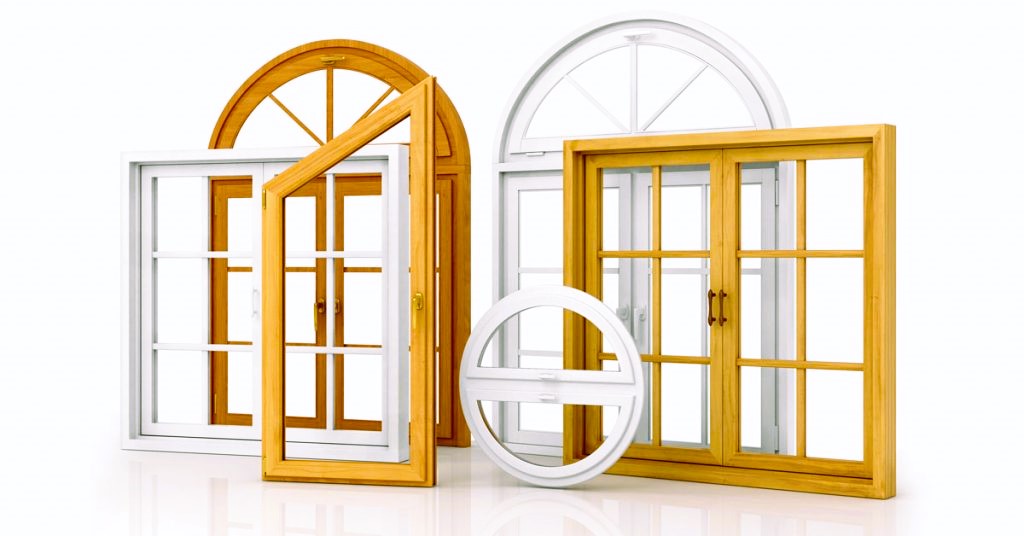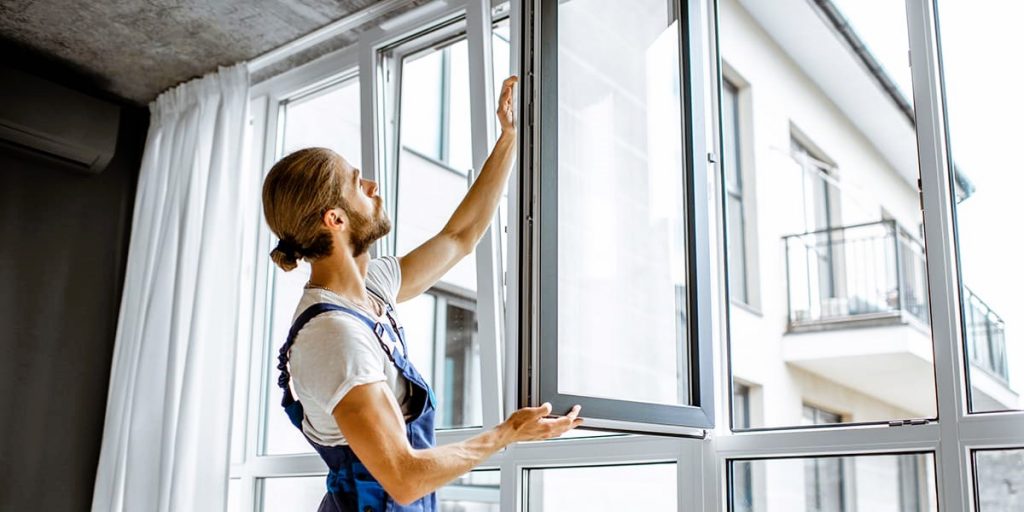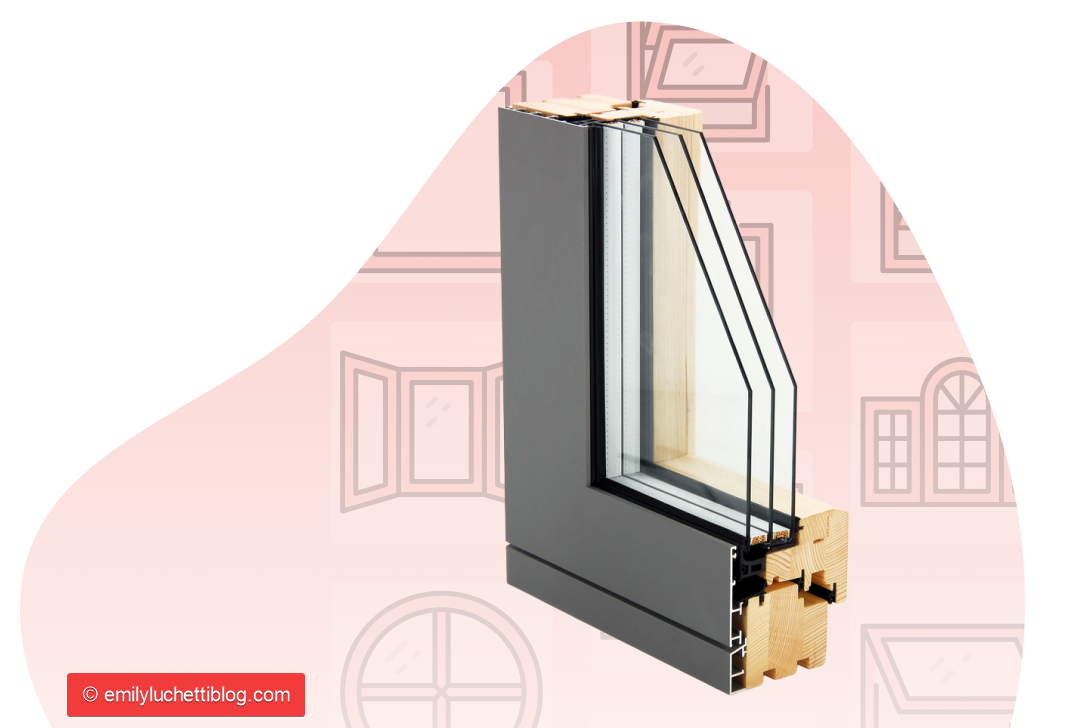Window frames are an essential component of any window, providing structural support and contributing to the overall aesthetic of your home or building. Choosing the right frame material for your windows can impact their energy efficiency, durability, and maintenance requirements. This article will guide you through the advantages and disadvantages of different window frame materials.
- Wood Frames
Wood frames are a popular choice for their natural beauty and energy efficiency. They provide good insulation and are available in a variety of colors and finishes to match your home’s style. However, wood frames require regular maintenance to prevent rot and decay, and they are more expensive than some other frame materials.

- Vinyl Frames
Vinyl frames are a popular choice for their low maintenance requirements and affordability. They are available in a variety of colors and finishes and provide good insulation. However, they can be prone to cracking and fading over time, and they may not be as environmentally friendly as other frame materials.
- Fiberglass Frames
Fiberglass frames are a newer option that provide excellent energy efficiency and durability. They are resistant to warping and cracking and require little maintenance. They are also available in a variety of colors and finishes. However, they can be more expensive than other frame materials, and they may not be as widely available as wood or vinyl frames.
- Aluminum Frames
Aluminum frames are a durable and low-maintenance option for windows. They are available in a variety of colors and finishes and can provide good insulation with the addition of thermal breaks. However, aluminum frames are prone to condensation and can be less energy efficient than other frame materials. They can also be more expensive than some other frame materials.
- Composite Frames
Composite frames are a newer option that combines the benefits of different frame materials. They are made from a combination of wood and plastic, providing excellent insulation and durability. They are available in a variety of colors and finishes and require little maintenance. However, they can be more expensive than other frame materials.
- Hybrid Frames
Hybrid frames are another newer option that combines different frame materials. They are made from a combination of wood and aluminum, providing the durability of aluminum with the natural beauty of wood. They are available in a variety of colors and finishes and can provide good insulation with the addition of thermal breaks. However, they can be more expensive than other frame materials. Like the article? You can read a guide to choosing and installing noise reduction windows in the Soundproof Windows article.
Factors to Consider
When choosing window frames, there are several factors to consider:

- Climate: Consider the climate in your area and choose a frame material that can withstand the weather conditions.
- Energy efficiency: Look for frame materials with good insulation properties to reduce energy costs.
- Aesthetics: Choose a frame material that matches the style and architecture of your home or building.
- Maintenance: Consider the maintenance requirements of the frame material and choose one that fits your lifestyle and budget.
Conclusion
Choosing the right window frame material is an important decision that can impact the energy efficiency, durability, and maintenance requirements of your windows. Wood frames provide natural beauty and energy efficiency but require regular maintenance. Vinyl frames are low-maintenance and affordable but can be prone to cracking and fading. Fiberglass frames provide excellent energy efficiency and durability but can be more expensive. Aluminum frames are durable and low-maintenance but can be less energy efficient and more expensive. Composite and hybrid frames provide a combination of benefits but can be more expensive. By considering factors such as climate, energy efficiency, aesthetics, and maintenance, you can choose the right frame material for your windows and enhance the beauty, energy efficiency, and durability of your home or building.


